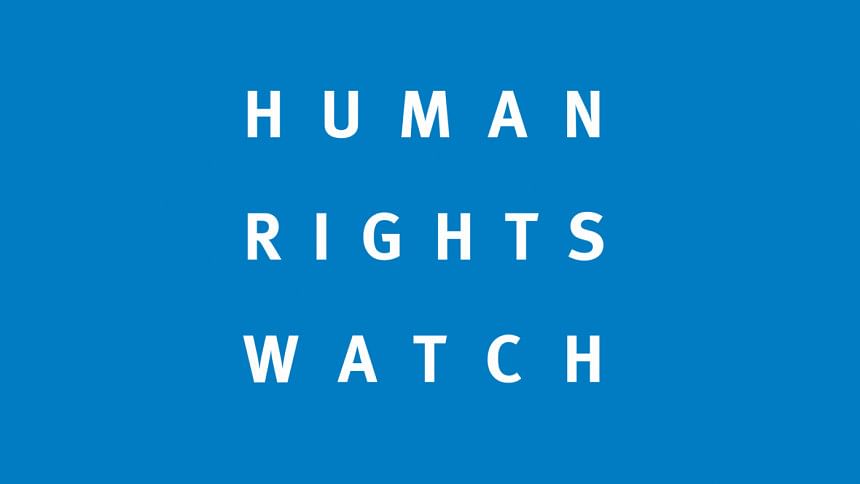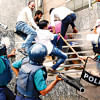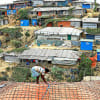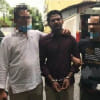HRW urges interim govt to support UN-backed probe into recent grave abuses

Human Rights Watch (HRW) has called on Bangladesh's interim government to seek a resolution at the upcoming session of the United Nations Human Rights Council (UNHRC) to establish an independent mechanism to investigate and pursue accountability for recent grave abuses in Bangladesh.
The 57th session of the UNHRC is set to begin on September 9, 2024.
In a letter, released yesterday, to Chief Advisor Muhammad Yunus and other interim government officials, HRW emphasised the need for ensuring ongoing monitoring of Bangladesh's human rights situation by the UN Office of the High Commissioner for Human Rights (OHCHR) and for regular reporting to the council.
The interim government should also work with OHCHR and relevant UN experts to set up an independent domestic inquiry into enforced disappearances, torture, and extrajudicial killings during former Prime Minister Sheikh Hasina's 15-year administration, Human Rights Watch said.
This domestic mechanism should operate with UN support and oversight to ensure its independence and adherence to international human rights standards.
"Following Sheikh Hasina's resignation amid mass protests, Bangladesh's interim government has the heavy responsibility of accounting for the past to steer the country toward a rights-respecting future," said Lucy McKernan, deputy UN Geneva director at HRW.
"The government should support a Human Rights Council-backed investigation into recent abuses while also seeking UN backing for an independent domestic inquiry into the former government's 15 years of rights violations," she said.
The interim government should urgently implement measures to bring civilian oversight over security forces, disband the notorious Rapid Action Battalion, reform institutions in line with international human rights standards, and revise abusive laws.
To effectively follow through on its commitments to justice and accountability amid a highly divisive political environment, the interim government should ask the Human Rights Council to establish an independent mechanism with a comprehensive mandate to investigate, collect, store, and analyse evidence and cooperate with credible and independent national and international judicial bodies toward accountability for the July and August violence and its root causes, the rights organisation said.
A Human Rights Council-mandated investigation would have the greatest independence and credibility for Bangladeshis, who distrust domestic institutions and could avoid the political interference that could undermine purely domestic measures, it said.
The HRW suggested that the council resolution should also mandate OHCHR to monitor the human rights situation in Bangladesh through the transition period until there are free and fair elections, and report back regularly.
The HRW said the recent protests reflect the frustration that Bangladesh's economic progress has been unevenly shared.
Social protection should be reformed to guarantee an adequate level of protection for all, and to ensure that no one is excluded from public benefits because of their inability to pay bribes or because they lack social or political connections, it said.
It called upon the interim government to reform institutions, the security sector, and its justice and legal system, all of which have been deeply eroded under the previous government and earlier administrations, to bring about lasting, human rights changes.
The interim government should welcome the technical assistance of OHCHR to ensure the full independence of legal and judicial bodies, the rights organisations said.
In addition to disbanding the Rapid Action Battalion, the interim government should implement robust human rights training protocols across all security forces and remove laws that enable impunity for security force abuse, Human Rights Watch said.
"Without deep institutional reform and UN support to ensure independence and transparency, the hard-won advancements in Bangladesh could be easily lost," McKernan said.
"The UN and member states should demonstrate their support for all Bangladeshis by backing fact-finding and accountability measures and by investing in rights-based institutional and security sector reform," she said.

 For all latest news, follow The Daily Star's Google News channel.
For all latest news, follow The Daily Star's Google News channel. 








Comments